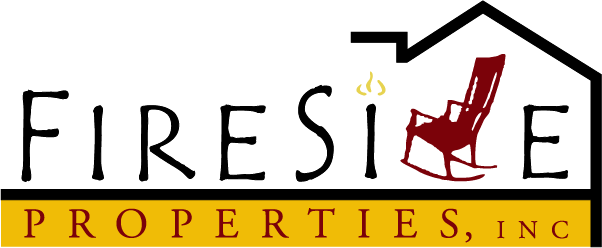
COVID-19 will impact everyone in the community, and HOAs are no exception. People have lost their jobs, and many have fallen behind on their mortgages. Members of your neighborhood may not be able to pay their bills. HOA dues and assessments may become outstanding. However, you need to know how to navigate around the government regulations to remain in the black.
Federal Housing Provisions
The government understands that many people live paycheck to paycheck. Without a steady income, some won’t be able to stay current on their mortgage and rental payments. To help, the government has enacted many housing provisions in the CARES Act and Families First Coronavirus Response Act.
Here’s what HOAs need to know:
- Credit Reporting: During the crisis, HOAs must list accounts as current if the owner goes on a payment plan. Late payments should not negatively affect the owner’s credit rating.
- Mortgage Forbearance: Homeowners unable to pay their loan can request a 60-day forbearance from their lender. There are no missed payment requirements to qualify.
- Foreclosure Moratorium: There is a nationwide foreclosure moratorium for federally backed loans.
- Eviction Moratorium: If a tenant falls behind on rent, the landlord cannot proceed with an eviction. This provision ensures people can shelter in place even during financial hardship.
While these provisions protect homeowners and renters, they can hurt HOAs. Some residents may not be able to pay their association fees. These missed payments will directly impact the operating budget.
Covering HOA Operating Expenses
As one can expect, as the stream of regular payments comes to a halt, managing daily expenses becomes difficult. Typically, all collected fees fund the operating account. The HOA uses these monies to pay contractors and maintain communal areas. However, without money, it’s easy to fall behind.
COVID-19 also means HOAs need to close certain amenities, such as swimming pools or clubhouses. Social distancing rules apply to all members of the HOA. Residents need to abide by these regulations at all times.
Because of these changes, some owners may request a prorated assessment amount. Since they cannot enjoy all the features, they don’t think they should pay as much. It’s important to remind residents that the HOA will face additional expenses to keep everyone safe. For example, hiring more cleaning services to disinfect common areas is a must.
How will an HOA cover these expected and unexpected bills? If there is enough money in reserves, it’s possible to use those funds to pay outstanding receivables. However, state laws are a bit gray. Tapping into savings isn’t an accepted practice, and your HOA may face litigation. The states need to put emergency measures in place for emergencies like this to protect HOAs.
A Company to Lead Your Community through a Crisis
HOA management isn’t an easy task, and a global pandemic makes it even trickier. Whether you need to collect dues from owners or arrange maintenance services, Fireside Properties can help. We provide full-service HOA solutions, and no crisis is too big for us to handle. Connect with us to learn how we can help you navigate COVID-19 and its impact on your HOA.

